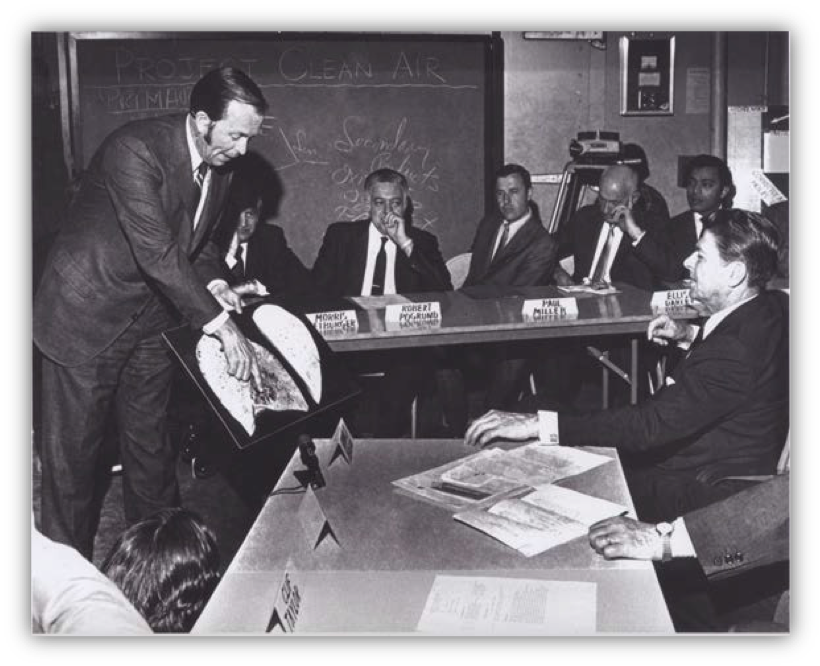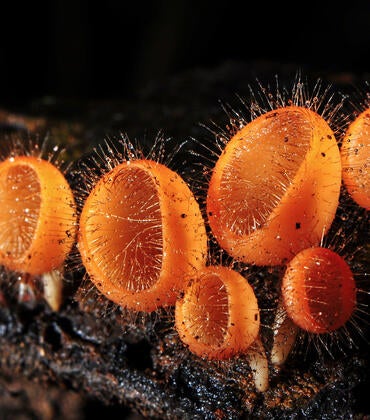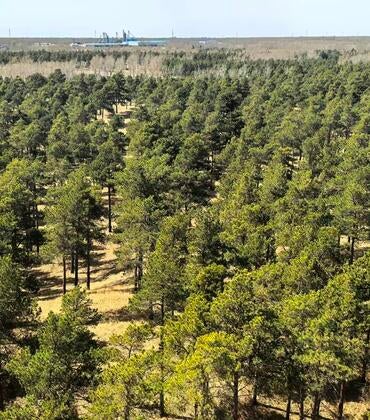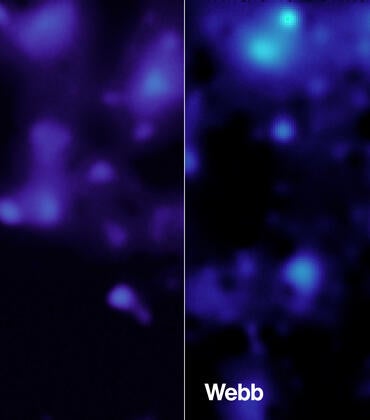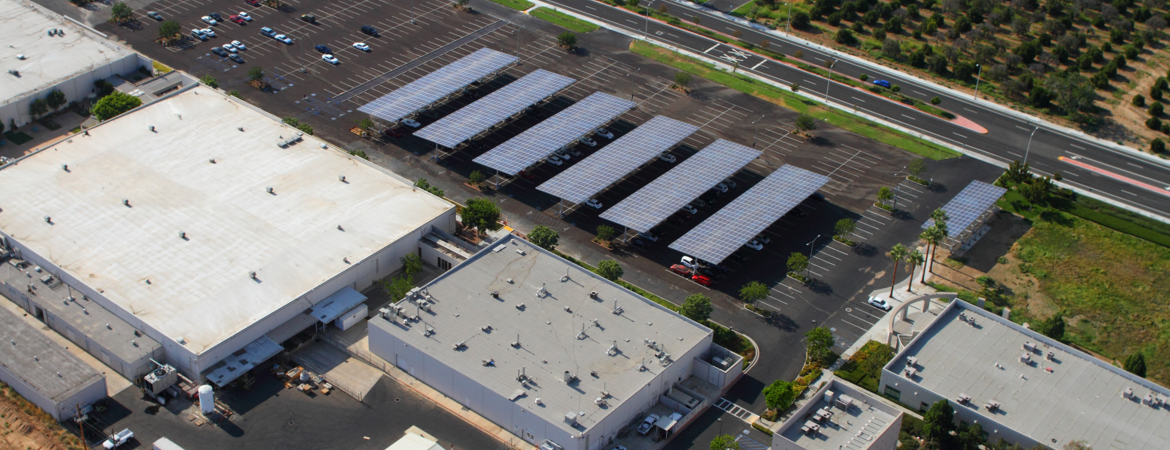
The UC Riverside Bourns College of Engineering, Center for Environmental Research and Technology (CE-CERT) hosted a symposium to celebrate 50 years of leadership in air quality from the California Air Resources Board (CARB), on May 17, 2018, at the Bourns Conference Center.
CARB’s 50th Anniversary Technology Symposium and Showcase highlighted CARB’s history driving innovative technologies that have made monumental improvements to California’s air quality.
“UC Riverside was honored to host CARB’s 50th anniversary technology symposium and showcase—a fitting site for celebration considering UCR’s initial research on the impacts of smog—and an incredible array of experts to showcase the progress we’ve made together and discuss forward momentum toward future clean air goals,” said Matthew Barth, director of CE-CERT.
Working closely with researchers, notably the Statewide Air Pollution Research Center at UC Riverside, CARB focused on the key issues of smog and aerosol formation in the air basin, and devised control strategies to address those critical ingredients. CARB’s policies and regulations, based on extensive research and sound science, spurred development of catalytic converters, cleaner fuels, and low- and zero emission cars and trucks. This has improved California’s air quality and the health of its residents, even as the population and economy continue to grow.
But the next half century will bring new air quality and climate challenges, and the solutions may require a range of different approaches.
Driving technology is still central, but what is the role of research, policy and regulation in the face of the growing need for social equity in ensuring the distribution of the benefits of the cleanest vehicles? What is the role of policy and regulation against the backdrop of the growing disruption of emerging technologies such as low-cost air quality sensors and autonomous vehicles?
The symposium focused on this interplay of research, policy and technology in both the near and long term. Representatives of government, industry and academia examined how to influence and accelerate the development of technologies that will help achieve a truly sustainable California.
Attendees were also treated to a sampling of the technologies of our future, including an interactive virtual reality experience of the planned Riverside CARB vehicle and emissions testing facility. Construction is expected to begin this summer on the 19-acre facility, located at UCR on Iowa Avenue near Martin Luther King Boulevard.
The event was co-sponsored by South Coast Air Quality Management District, SoCalGas, AVL, HORIBA, BYD, EnerBlu, California Steel Industries, Inc., Southern California Edison, SAE International, and the County of Riverside Economic Development Agency, among other distinguished companies.
